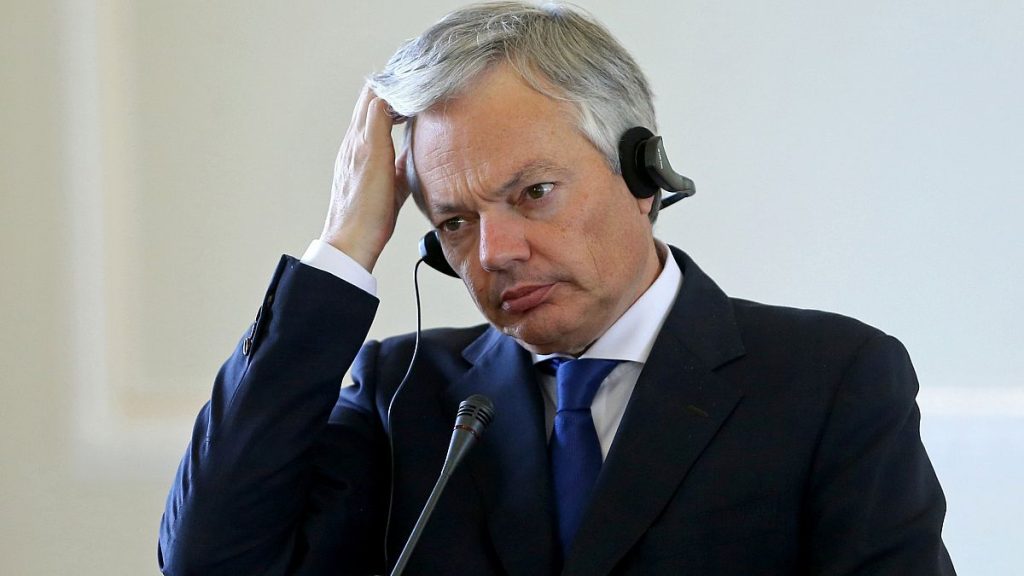Didier Reynders, the former European Justice Commissioner, is currently under investigation by Belgian police for alleged irregularities related to the purchase of multiple lottery tickets. This inquiry arises shortly after the passage of a new EU anti-money laundering law that classifies state-run lotteries as low risk regarding money laundering and terrorist financing, thus exempting them from stringent identity checks. The law, finalized earlier this year during Reynders’ tenure and scheduled to take effect in 2027, underscores a significant regulatory shift and indicates a controversial allowance for governments to opt out of full compliance for lotteries deemed low risk. The legislation evolved from initial proposals to accommodate concerns raised by Members of the European Parliament (MEPs), which marks a significant departure from the original composition of the law.
As Reynders steps back from his role as Justice Commissioner, the fact that he is linked to allegations of engaging in practices that the new legislation categorizes as low risk presents a considerable embarrassment to European authorities. Reports from Belgian media indicate police conducted raids at addresses associated with him, although he has not been charged with any crime and maintains the presumption of innocence. Allegations suggest that Reynders had been involved in questionable activities over an extended period, allegedly purchasing “e-tickets” from the Belgian national lottery with significant cash outlays, despite evidence suggesting that gambling is often exploited for money laundering activities.
The Belgian National Lottery has publicly stated that it has only flagged Reynders’ transactions during the past five years for suspected money laundering, asserting that the lottery system is tightly regulated, with users required to register using national IDs and comply with anti-money laundering laws at points of sale. While gambling activities, particularly in casinos, have been recognized by law enforcement agencies as vulnerable to exploitation by criminals, the lottery presents a less conventional method for potential money laundering schemes, raising questions about the adequacy of checks currently in place.
Despite the apparent risks associated with lottery ticket purchases, the Financial Action Task Force does not specifically mention lottery transactions in its guidelines for anti-money laundering efforts, instead focusing predominantly on high-value transactions within casinos. The EU’s own legislative stance reflects a broader trend among member states to streamline regulations governing national lotteries, thereby permitting individual exemptions that could complicate monitoring and enforcement of anti-money laundering efforts. Nevertheless, this regulatory framework is pivotal, as it demonstrates a shift in how EU regulations view low-risk sectors, creating instances that may facilitate questionable financial practices.
Criminals have historically employed various methods to conceal illicit proceeds, with real estate and luxury goods frequently identified as vehicles for laundering money. The unique environment provided by lotteries, wherein individuals can leverage winnings to obscure the source of their funds, illustrates the adaptability of money laundering techniques. The complexity of regulating lotteries, alongside upward pressures to maintain a robust anti-money laundering framework, emphasizes the multifaceted challenges that legislators face within the gambling sector.
The investigation surrounding Reynders serves as a critical reminder of the delicate balance between promoting regulatory flexibility for low-risk sectors and maintaining the integrity of anti-money laundering protocols within the EU. As authorities continue to scrutinize the circumstances surrounding Reynders’ transactions, the case may not only impact individual perceptions of the gambling industry but could also stimulate discussions concerning potential reforms needed within EU law to bolster compliance measures and safeguard against exploitation by wrongdoers hoping to profit from loopholes inherent in the legal framework.














